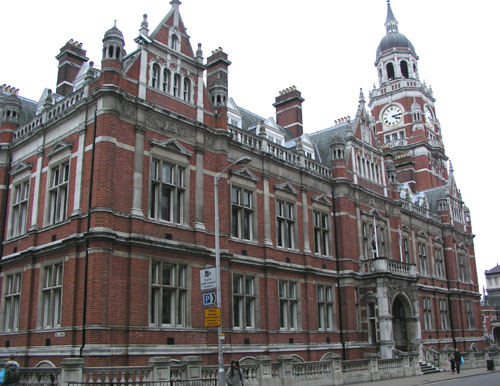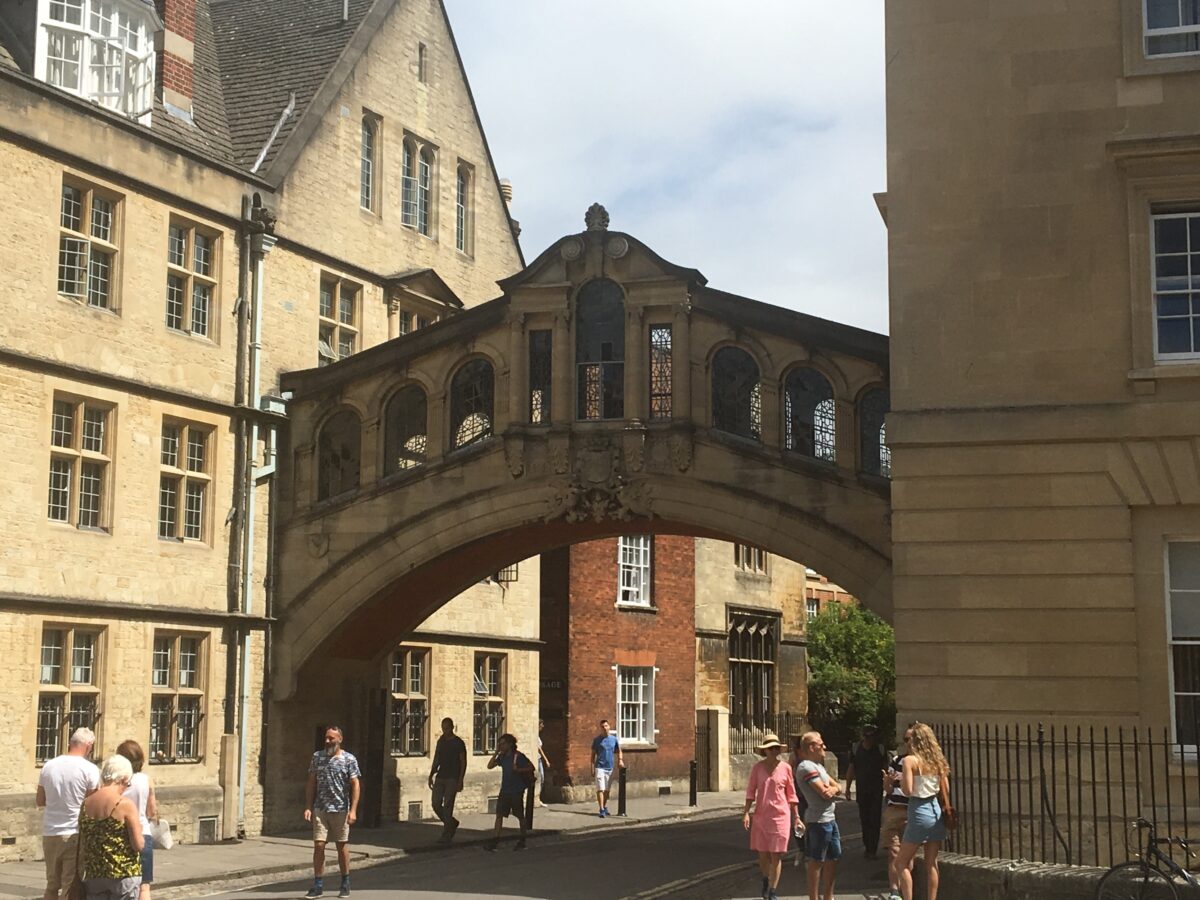Image by Stefan Schweihofer from Pixabay
“why do we think that “changing the incentives will in no way change behaviour”?”
The September 2022 fiscal statement from Chancellor Kwasi Kwarteng, is proving controversial for among other reasons, the ‘cost’ of the tax cuts it contains. For a tax cut to be a ‘cost’ you need to make a couple of assumptions, that (1) allowing people to keep their own money is a ‘cost’, and (2) that changing the incentives will in no way change people’s behaviour.
To tackle the first point that “allowing people to keep their own money is a ‘cost’”. If last month you worked some overtime and say earned an extra £300, but this month you didn’t have the same opportunity to work the overtime, would you say your costs had gone up by £300? Of course not, no one would say that. Most January’s many businesses will put on sales often cutting prices by a third or more. Do we refer to these price cuts as an increase in costs? Do the price cuts get added as Expenditure to the company’s accounts? For both personal and business expenditure we see reduced revenue as just that, reduced revenue, not a new or increased cost. Many people don’t particularly want to work overtime, valuing free time more than the money they earn from extra work. In the case of businesses, we don’t bemoan the cost of reduced prices, we see this as an opportunity for the business to get rid of old stock, gain market share, or simply get more sales. Reduced prices provide an incentive that changes the behaviour of consumers. So why do we refer to changes in tax rates as a cost? And to the second point above, why do we think that “changing the incentives will in no way change behaviour”?
Why do sin taxes exist if not in part to disincentivise people from undertaking the sin?
I have written before about the Laffer Curve (Blacklist Press), (Croydon Constitutionalists), the theory that cutting tax rates can result in increased total tax revenue, but even if you are sceptical of this, we all know taxes change incentives. Why do sin taxes exist if not in part to disincentivise people from undertaking the sin? Why are ISAs tax-free if not to encourage savings? Why does the government offer businesses R&D tax relief if not to encourage more Research and Development?
“It might be fair to say these changes are not incentive enough to make up for the reduced revenue of the tax cuts (I would disagree) but it is not reasonable to argue that there is no change to behaviour”
Clearly cutting taxes will impact the behaviour of people. Lower National Insurance rates incentivises employment, lower taxes on profits incentivises business investment, and lower taxes on income incentivises both increased work and releasing invested funds for personal use. It might be fair to say these changes are not incentive enough to make up for the reduced revenue of the tax cuts (I would disagree) but it is not reasonable to argue that there is no change to behaviour as a result of these changes.
The government didn’t just change tax rates in the budget fiscal statement. We heard about changes both to the Inland Revenue rules known as IR35, and the cap on bankers’ bonuses. Wikipedia refers to IR35 as “anti-avoidance tax legislation designed to tax ‘disguised’ employment at a rate similar to employment”. First introduced in April 2000, the rules have changed over the years, with the latest change being to repeal the 2017 and 2021 reforms.
“The naïve assumption behind IR35 is that by changing the tax rules for contractors, you will simply earn the same gross pay and pay more tax, receiving less net pay. Of course, this is nonsense”
IR35 was trying to stop people filling basically the same role, from being taxed differently based on how they are employed. This sounds reasonable, except of course that how you are employed does affect your role, and in some cases means different incentives, in this case partly via taxes, should apply. I have worked in the same industry as an employee, what is referred to as Inside IR35 (in effect agency staff), and Outside IR35 (via a limited company) often referred to as a contractor. The naïve assumption behind IR35 is that by changing the tax rules for contractors, you will simply earn the same gross pay and pay more tax, receiving less net pay. Of course, this is nonsense. Being a contractor comes with additional risks and costs, you really need an accountant, you invariably need to take out additional insurances, and a private pension. You tend to change role frequently as companies only want you on the books for peak demand, and your lack of security of tenure both provides an incentive to be productive and means you tend to have a good buffer of savings for those periods when you are not earning.
You might wonder, why anyone would be a contractor with all these downsides? Well of course it’s because you are incentivised by earning more. These earnings are both in gross pay (invoices into your limited company) and net pay (working via a company being more tax efficient). When the Inland Revenue changed these incentives, did they see lots of people stay as they were and simply pay more tax? No of course not, change the incentives and people move. The costs and risks stayed high, but rewards reduced, so guess what, people moved to lower risk roles. It’s not clear to me that the government has ever made more or less money when I have been employed via any of the different methods available. But what is clear is that the economy has lost flexibility in its labour force, business savings, purchasing of goods and services, charity donations and productivity, when I and others like me simply don’t have the money or the incentives needed for these.
“Over the same period salaries improved to retain and recruit staff in a competitive IT market. Total reward didn’t change much but the incentive structure did”
Lastly, bankers’ bonuses are not a subject likely to draw huge amounts of sympathy. But that doesn’t mean private enterprise shouldn’t be able to pay people via the incentive method they believe is best suited for the role. I worked in banking during the financial crisis and saw my bonus structure change and total bonus reduce. I should say I worked for a retail bank in the IT department, so the sums involved were far away from those being earned by city traders, but to me and my colleagues they mattered. Over the same period salaries improved to retain and recruit staff in a competitive IT market. Total reward didn’t change much but the incentive structure did. If you believe that moving from a pay structure that in large part rewarded outcomes, to one that mainly rewarded showing up, didn’t have an impact on productivity, we must discuss terms on that bridge I have for sale.
Removing the bankers bonus cap doesn’t increase costs or total reward, it changes the incentive. Changes to IR35 and tax rates are not costs to government, they change the economy and provide the opportunity (they haven’t gone far enough), to develop the more dynamic high growth economy that will benefit us all.














